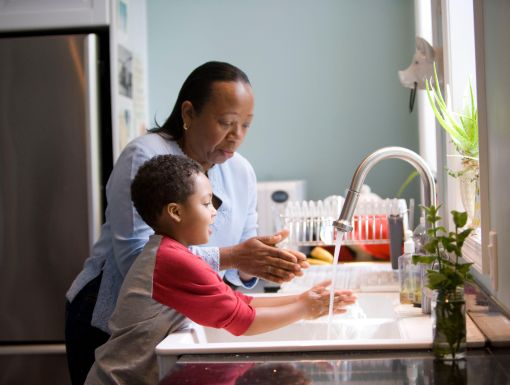
How Can I Help My Child Ease Their Fear of Shots?
Not many people say, “I love getting shots!” But kids can be especially wary when needles are involved. In fact, over 60 percent of children are afraid of needles. From routine vaccinations to the occasional injection to get your child feeling better, shots are inevitable.
For most children, shots are associated with pain rather than their benefits. As a parent, you can take steps before, during and after your child’s visit to prevent meltdowns and calm any fears.
- Be calm. Your child can pick up on the energy you bring to the appointment! Remain positive and mirror the type of attitude you want your child to have toward shots.
- Don’t lie. Try to steer clear of saying things like, “It won’t hurt!” While this little white lie might be tempting to ease your child’s mind, we all know that shots do pack a little punch. Be honest with them about what a shot is and when they can expect it, but that the pain will only last for a second. This builds trust and sets your child’s expectations.
- Practice beforehand. Role playing before your child’s appointment is a great way to prepare them for what to expect. If your child is younger, you can use a toy medical kit to describe the sequence of events and how the nurse or doctor will administer the shot.
- Try a distraction. Sometimes, taking your child’s mind off the shot is the best option. Talk to them, play “I Spy,” sing a song or let them watch a video to put them at ease.
- Bring a comfort item. Whether it’s a stuffed animal, a blanket or even an older sibling, sometimes kids just need to feel comforted. Bringing a sentimental item from home will help your child feel safe during the appointment.
- Praise. They did it! After your child gets a shot, remember to tell him/her how proud you are.
Remember that most children have a hard time grasping the concept of why we need shots to feel better, and most outgrow their fear of needles as they become adolescents and adults. Trying these easy steps is a great start to setting up your child for success at their next vaccine appointment.



